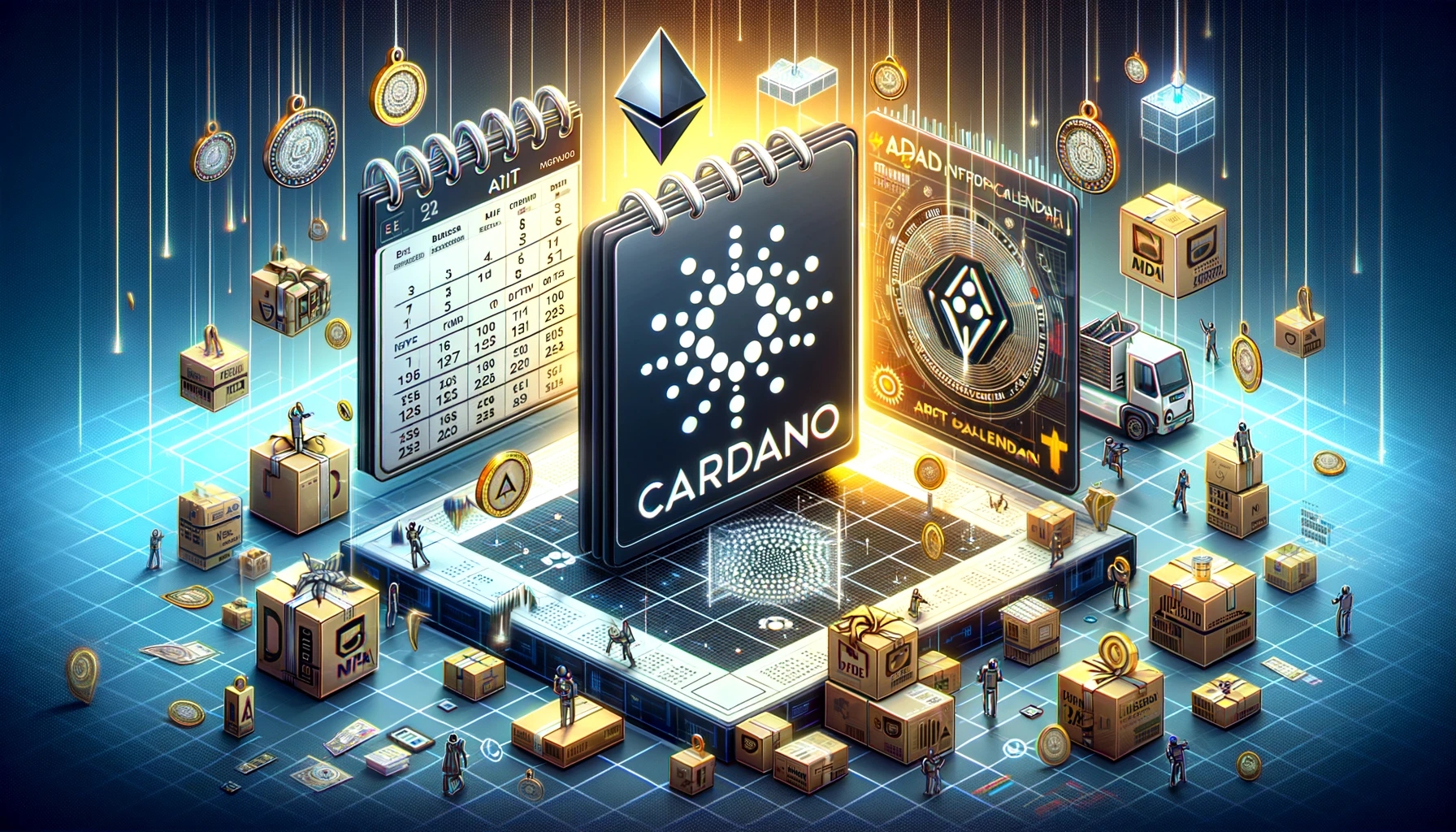Breaking Down DeSo - Decentralized Social Media Apps Built Using the Blockchain
April 4, 2022 - 10 min read
This article breaks down DeSo, a new platform providing the infrastructure for developers to build decentralized social media apps on top of a blockchain that allows creators to monetize their content.

Introduction
In 2021 and 2022, more and more people started “to get” the blockchain, how it works and what it does through buying and selling NFTs (non-fungible tokens).
We’ve seen crazy amounts of money being thrown around, and while some are warning of certain projects going to zero, many are bullish on blockchains because, as Gary Vaynerchuk has said many times, “the technology is too big”.
This blog has been dedicated to NFTs, but like many of my readers, I’ve become interested in other applications of blockchain technologies and how they may impact our future.
In this post, I’m going to break down DeSo, Decentralized Social, because it has built a blockchain with the capabilities of launching social media applications run on the blockchain.
I purchased $250 of $DeSo using Coinbase (this is not financial advice and please do NOT buy it because I bought it) after doing more research. The previous link and links to Coinbase later on in the article, are where you can buy DeSo, but make sure it is your choice and that you don't buy it solely because of this article!
I’m going to cover:
What DeSo Is
What DeSo Trying to Do
Will DeSo work?
What I don’t like about DeSo
How to Buy $DeSo (only if you can afford it and are interested, it is intentional that I put this after the don’t like section. The process is easy through)
This article includes affiliate links for CoinBase, the platform I’ve used to buy and sell cryptocurrencies for nearly a year without any issues. We may receive a small commission at no cost to you if you decide to make a purchase after clicking our links. We never recommend products or services we haven’t used ourselves and in no way encourage our readers to make a purchase for our benefit. You can read our full affiliate link disclosure here.
What is DeSo?
DeSo is a new blockchain with expanded capabilities that aims to support decentralized social applications at scale.
To put this in plain English: DeSo wants to make it easy for people to roll out social media applications (similar TikTok, Twitter, and Facebook) that are run on top of a blockchain to put the power of the platforms back in the hands of creators.
The platform is powered by a native currency called $DeSo, which can easily be purchased on Coinbase, and is meant to be the economic engine for creators to monetize and own their content.
Both Elon Musk and Jack Dorsey have published tweets alluding to the problems of social media like the one above, although in different ways. Musk was more focused on free speech, Dorsey was a little vaguer and took partial blame for the walled gardens around data created by corporations that centralized the internet’s data for their gain.
DeSo jumped right into the conversation to let him know about their blockchain built specifically for scaled decentralized social media applications.
The code is open source and data from the social media applications are stored on the blockchain for public use.
DeSo supports the idea that content can and should be curated globally. The example they provided was ESPN running a node that shows a feed focused on sports content (versus having to publish on Twitter, effectively giving Twitter their content to monetize). ESPN could have its own algorithm for ranking the content shown in their feed, but original creators own the content and therefore reap any monetization benefits of that content, including ESPN themselves.
The downside to this that I see is that “profiles, posts, follows, etc.” are “stored on the public blockchain”.
If you told a user of a social media platform that their content would live publically on the blockchain forever, it may create an incentive to (a) be more thoughtful about the content or (b) avoid the platforms altogether out of fear of saying something they regret and not being able to have it removed.
I have not yet seen this use-case addressed in the DeSo documentation, but I’d imagine that it would be a big sticking point for a lot of users and creators.
What is DeSo Trying to Do?
DeSo has stated that social media has become more centralized than the financial industry and that creates problems. The few can control public discourse and monopolize profit from content created by users on the platforms.
Think of it this way — Facebook has earned billions and billions of dollars over the years and hasn’t paid any of the content creators on the platform until recently.
Facebook thrived on the network effect and brought tremendous value to people as a new way to connect, engage and interact online. Plenty of people figured out how to profit themselves (e.g. starting a Facebook group for their business) the typical users who contributed to Facebook’s success (anyone who signed up, shared content, and interacted) didn’t see any profits from their effort.
It’s a difficult concept to wrap your head around — in some ways, it sounds entitled, but in others, it makes a lot of sense.
DeSo already has earned creators $31.4 million (in $DeSo) because it is open source.
DeSo explained the power of this with an example: if a curious developer builds a way for creators to receive “bids” via an inbox for a share of promotion of content, everyone on the DeSo platform would have access to it.
It’s very intriguing from the development side because it gives the power back to developers who want to contribute and offer up their idea to anyone using the DeSo platform.
Will DeSo Work?
This is an impossible question to answer with any degree of confidence, so please take this section as pure speculation and perspective, but I’ll keep my answer to this:
I don’t know.
I imagine that at some point in the future decentralized content platforms have been figured out, but I don’t know if DeSo will be “the one” platform.
It’s just so early, which can leave room for upside or massive risk.
I am giddy right now, though, because the Diamond app is truly intriguing. If I post good content, I can earn $DeSo through interactions with my content. At first, it was a pain to get my initial $DeSo to start, but that incentive was worth it to me. There are a lot of great details about how these features work that you can read here.
PS — a lot of content creators are calling DeSo the next Facebook. I want to be clear that I am not doing that. DeSo is the infrastructure for social media platforms run on the blockchain that would trade on its native currency $DeSo, but whether or not apps built on the chain would attract the size and engagement seen on current social media applications remains to be seen.
Users will have to pay a fee in DeSo tokens for every action on the platform, but so far, those fees seem minimal (the website lists a transaction fee per post of just $0.00006 per post).
However, this adds a layer to the catch-22 of social applications that need a network effect to function properly. If there are no users, there’s no incentive for creators. If there are no creators, there’s no incentive for users.
DeSo adds a third layer: it costs $DeSo to interact on the platform. Even though it is minuscule, it is still a barrier to entry that many people may not bother looking into further to even learn that the fees are minuscule. But in reality, we all spend money on dumb things, and $10 to support our favorite creators may not be such a big hurdle.
Also, the sentiment is shifting about consumer data being used in exchange for free apps, but that doesn’t mean the majority of people are ready to pay small fees before signing up in droves for blockchain-based social media apps.
For example, the Diamond App, built on top of DeSo is Twitter-like, but I needed to send $DeSo to my new wallet to begin using the app. I am actually still waiting for this transaction to go through, which makes for a barrier to entry.
However, I am in the app and am really enjoying it. Some of my favorite content creators are already there and seem to have more incentive to post valuable content because they can earn money from it. I plan to get my profile set up and share this article to see what happens. If it brings value, perhaps it will create earnings (versus me sharing on Twitter, that won’t earn anything other than the hope of driving traffic for a few pennies via display ads).
I bought some $DeSo on Coinbase and all the transfer requires is copy/pasting, but the average person might find this too much of a pain (which may be a good thing if we are sick of Twitter trolls and anonymous users).
What I don’t like about DeSo
The average person might argue that DeSo is too complicated to understand. A creator can have a certain amount of their coin, you have to pay for interactions, etc.
However, I’ve spent enough time on Twitch to see how well its users understand digital currency and support creators they love. Note: Diamond app did offer free $DeSo if I put in my phone number.
We’ve also seen what has happened with NFTs.
My biggest hesitation ($250 was an affordable amount of money for me) is that we are so early. This is a plus and a minus. Being so early may mean this token could have a lot of growth opportunities, or it could mean it will fall flat on its face in execution because the world isn’t ready, the infrastructure didn’t hit the mark, or someone else is watching how they roll out and will capitalize on their mistakes to build something better.
It should also be noted that $DeSo hit a price of nearly $200 in June of last year but is now around $50.
DeSo raised $200 million in funding that includes a16z, Coinbase Ventures, Sequoia, Winklevoss Capital, and others. Sure, they are high-profile, but how much of this is a gamble with significant upside that they aren’t worried if it loses?
A lot of smart people invested in companies with sound ideas during the dot-com era, but the infrastructure to support those ideas to success (instead of disastrous failure) just did not exist.
The concept of decentralized social media running on a blockchain is very intriguing, and it's cool to see DeSo providing the infrastructure for that, but the apps built on top of it are a long way off from Facebook’s nearly 3 billion active monthly users.
How to Buy $DeSo
Purchasing $DeSo was really easy — I went to Coinbase, selected Buy/Sell, searched for DeSo, and purchased the coin.
In the process of signing up for the Diamond App, I did have to transfer $DeSo to do so, which was also really easy using Coinbase, but it did take a while before it was transferred to my anonymous wallet.
Again, I purchased $DeSo with money I could afford to lose — I’m still learning about this one and doing my research. I’m curious about the idea of decentralized social media and like to follow my curiosities, but there is always risk in purchasing any token.
Newsletter
Enter your email address below to subscribe to my newsletter
latest posts





